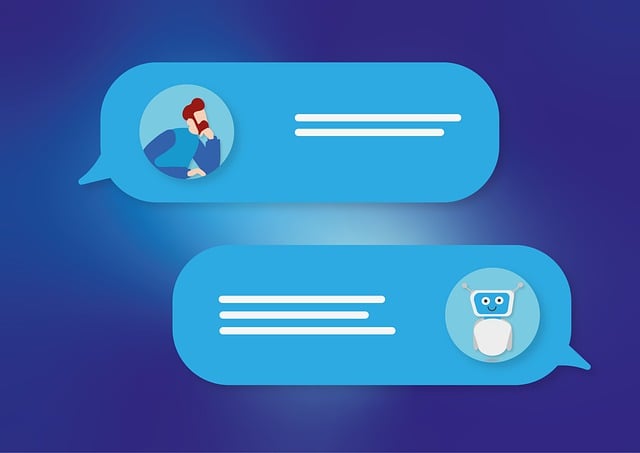AI chatbots online are transforming the way we interact with technology. These intelligent virtual assistants leverage advanced natural language processing to engage in human-like conversations, answering questions and completing tasks across diverse platforms. From customer service to personal assistance, AI chatbots offer numerous benefits, including improved efficiency, 24/7 availability, and cost savings. However, they also face challenges like maintaining context and understanding nuanced language. Exploring the future prospects of AI chatbots online reveals their potential to further revolutionize digital interactions, enhancing user experiences across various sectors.
- What are AI Chatbots Online?
- How Do AI Chatbots Work?
- Benefits and Applications of AI Chatbots
- Challenges and Limitations of AI Chatbots
- Future Prospects for AI Chatbots Online
What are AI Chatbots Online?

AI chatbots online are digital programs designed to simulate human conversation through natural language processing. They use sophisticated algorithms and machine learning models to understand and generate text-based responses, providing an interactive experience for users. These chatbots can engage in a wide range of conversations, from answering simple questions to offering complex problem solutions.
Available on various platforms, AI chatbots online have become increasingly popular due to their ability to provide instant, 24/7 support and assistance. They are used across industries, from customer service and healthcare to education and entertainment, enhancing user experiences and streamlining processes. With continuous advancements in technology, these chatbots are becoming more sophisticated, capable of handling complex queries and providing personalized interactions.
How Do AI Chatbots Work?

AI chatbots online are powered by sophisticated artificial intelligence and natural language processing (NLP) technologies. These systems are trained on vast datasets to understand human language patterns and generate contextually relevant responses. When a user inputs a query or message, the chatbot uses NLP to analyze the text, identify keywords, and determine the user’s intent. Based on this analysis, it formulates an appropriate response using machine learning algorithms.
The heart of these chatbots is deep learning models, particularly recurrent neural networks (RNNs) and transformer-based architectures like GPT (Generative Pre-trained Transformer). These models can process and remember context over multiple turns in a conversation, enabling them to engage in coherent and meaningful interactions with users. As AI chatbots online evolve, they continue to learn from each interaction, improving their performance and understanding of human language nuances.
Benefits and Applications of AI Chatbots

AI chatbots online have transformed the way businesses interact with their customers, offering a range of benefits and applications. They can handle multiple customer inquiries simultaneously, providing quick responses and reducing wait times. This efficiency is particularly valuable for customer service teams, allowing them to focus on more complex issues that require human empathy and judgment.
Moreover, AI chatbots are available 24/7, ensuring round-the-clock support for customers worldwide without the need for shift rotations or holiday closures. They can also be integrated with existing systems and databases, enabling them to access and retrieve relevant information swiftly. This capability streamlines processes, enhances data accuracy, and contributes to improved decision-making across various industries.
Challenges and Limitations of AI Chatbots

Despite their increasing popularity and capabilities, AI chatbots online face several challenges. One significant hurdle is understanding nuances in human language, such as sarcasm, idioms, or context-dependent meanings. This often leads to misinterpretations and inaccurate responses.
Another limitation lies in the data they are trained on. Chatbots can only be as good as the data they learn from. Biases present in training datasets can be reflected in their outputs, leading to potentially offensive or inappropriate replies. Furthermore, maintaining up-to-date knowledge is a constant challenge for AI chatbots, as information changes rapidly and constantly evolves.
Future Prospects for AI Chatbots Online

AI chatbots online are transforming the way we interact with technology. From enhancing customer service to revolutionizing personal assistance, these tools offer numerous benefits and applications. However, they also face challenges and limitations that must be addressed for continued growth. As we look ahead, the future prospects for AI chatbots seem promising, with potential to further integrate into our daily lives and navigate complex tasks with increasing sophistication.
